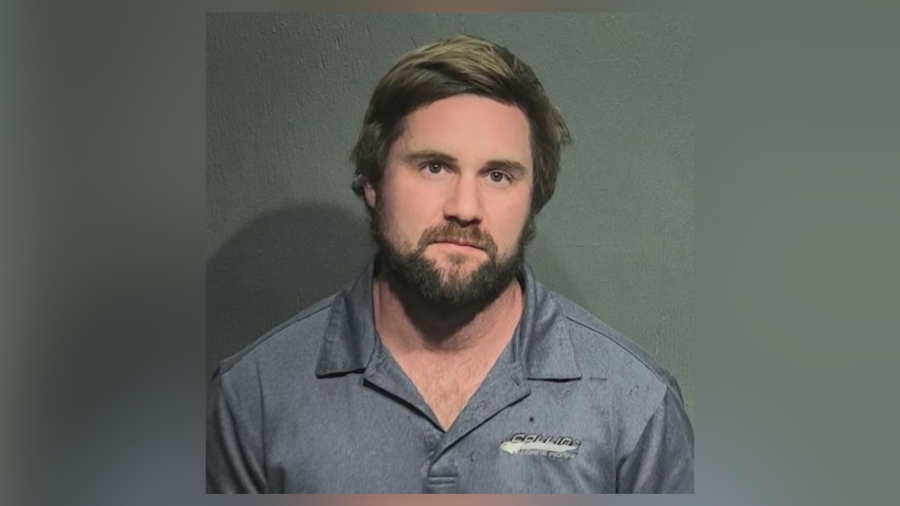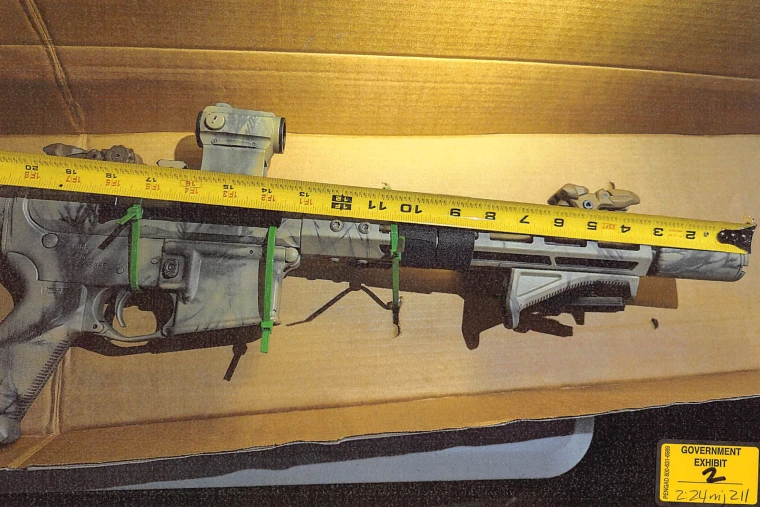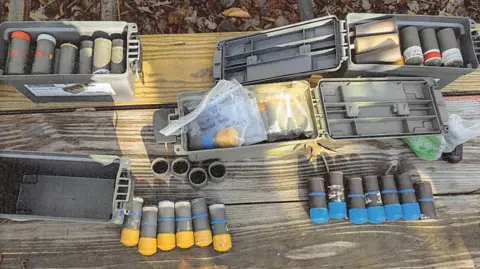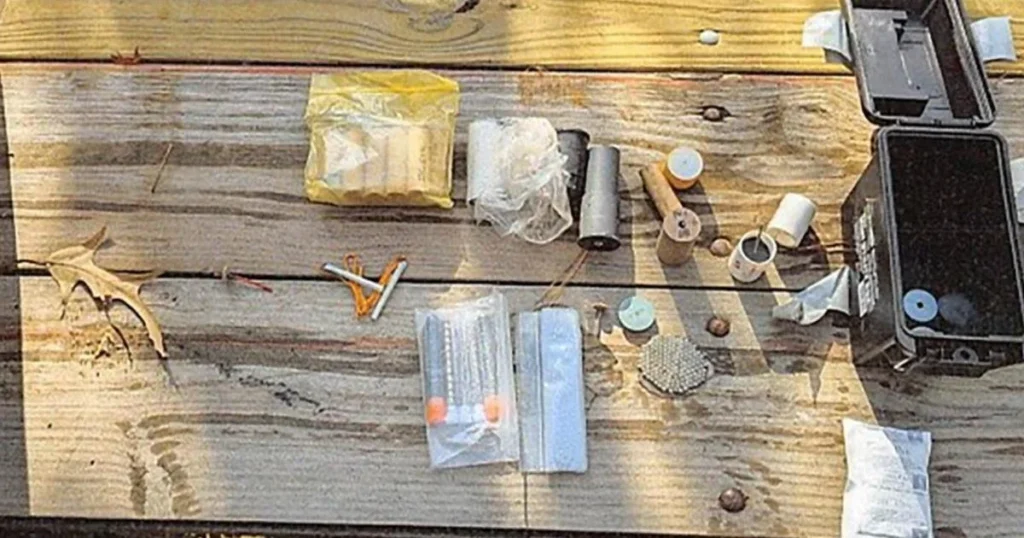Federal agents seized more than 150 homemade pipe bombs and other explosive devices from the Virginia home of Brad Spafford in December, marking what prosecutors say could be the largest seizure of such devices in FBI history.

The explosives were discovered during a search of Spafford’s home following his arrest on a firearms charge. Most of the devices, along with bomb-making tools and materials, were found in a detached garage, according to a federal court filing.
Prosecutors stated in a Monday filing that additional pipe bombs were located in a backpack inside Spafford’s bedroom, which he shares with his wife and two young children.

Spafford, 36, faces charges for possessing an unregistered short-barrel rifle, a violation of the National Firearms Act. Prosecutors said they are considering “numerous additional potential charges” related to the explosives.
Defense attorneys argued Tuesday that Spafford has no history of violence and questioned the functionality of the seized devices. They emphasized his clean criminal record and claimed there is no evidence that he posed a threat.

The investigation began in 2023 when an informant, a friend of Spafford’s, reported that he was stockpiling weapons and ammunition. According to court documents, the informant alleged that Spafford had injured his hand in 2021 while handling homemade explosives, leaving him with only two fingers on his right hand.
The informant also claimed that Spafford used images of President Joe Biden for target practice and voiced support for political assassinations.

On Dec. 17, federal agents and bomb technicians searched Spafford’s property, finding the rifle and explosive devices, some labeled “lethal” and others loaded into a wearable vest. Most devices were detonated on-site due to safety risks, while a few were preserved for further analysis.

At a hearing Tuesday, a judge ruled that Spafford could be placed under house arrest at his mother’s home. However, prosecutors argued for his continued detention, citing concerns about public safety.
Prosecutors noted Spafford’s possession of riot gear and his manufacturing of labeled pipe bombs as evidence of potential danger, despite no history of violent acts.



